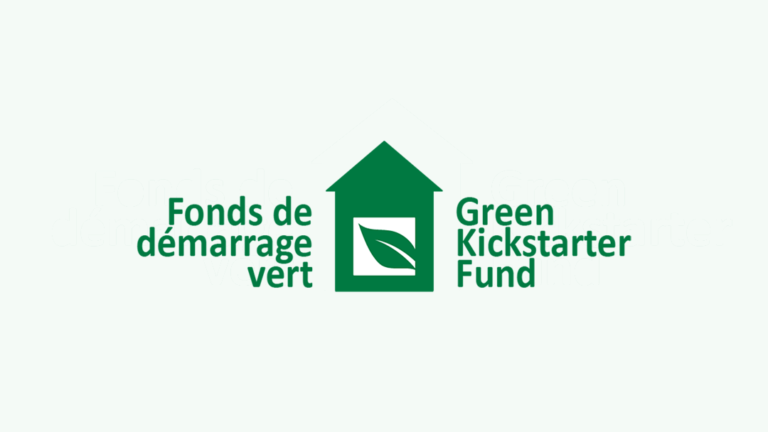The Federation of Canadian Municipalities’ (FCM) Sustainable Affordable Housing initiative is putting $300 million on the table to offset the cost of environmentally friendly measures at all project stages, including planning, study, piloting, capital construction or retrofit. In partnership with FCM, the Community Housing Transformation Centre is working to assist affordable housing providers to tap into the funds.
While world scientists warn of a climate emergency, many are divided on what it takes to curb the negative trend. But the consensus is clear that housing plays a significant role. According to the World Green Building Council, the energy required to construct and operate buildings is responsible for nearly 40 per cent of global carbon emissions.
However, these troubling numbers also present an opportunity for change and, over the years, green construction and sustainable processes have slowly but surely made their way into the mainstream. FCM’s timely new Sustainable Affordable Housing initiative is proof that the community housing sector has environmental issues at heart.
An exciting development
The Sustainable Affordable Housing initiative is delivered through the Green Municipal Fund and funded by the government of Canada. It offers support to municipalities and other affordable housing providers—including municipal, not-for-profit organizations and housing co-ops—to retrofit existing affordable housing units, or construct energy-efficient new builds that emit lower greenhouse-gas (GHG) emissions.
According to the FCM website, the new funding and learning resources can help your community achieve the following:
- Retrofit existing units or construct new affordable housing
- Generate triple bottom-line benefits
- Reduce energy and GHG intensity
- Increase affordability of energy and housing
- Improve building quality and increase comfort, health and quality of life for residents
Branding it an exciting development in housing sustainability, Amy Bolt, the Centre’s program manager in charge of environment believes that “every building being built from now on should incorporate some type of sustainable practice, and be held to a higher standard in terms of sustainability.”
A new partnership
At the Centre, enhancing environmental sustainability and reducing the housing footprint is a priority: we work to help housing providers and tenants reduce their environmental impact. We also strive to promote the use of existing tools and encourage the adoption of best-practices.
For this reason, we are happy to join forces with the FCM on this new fund.
“The Centre will act as a regional energy coach,” Bolt explains. “Our mission is to assist proponents with their applications to the Sustainable Affordable Housing offer while providing guidance on what sorts of initiatives they could take: like what are the technologies out there, what retrofits are available, and more.”
A consensus on the environmental impacts of renovated housing stock versus new constructions has been established after many studies. Although it is more eco-friendly to repurpose and retrofit rather than demolish, it is important to focus on both to decrease global carbon emissions and set trends for future project development.
“This partnership really represents a willingness to collaborate and come together, not just in terms of resources but also in regard to knowledge transfer,” Bolt says. “It will help us widen our reach to ensure as many organizations are aware of the options available to them and have the potential to incorporate sustainable initiatives that are now more important than ever.”
The Centre has pledged to support the FCM’s efforts by strengthening housing providers’ capacity by providing financial assistance to the organization ahead of an application, whether for strategic planning exercises or the development of necessary partnerships —just to name a few examples. The Centre’s program managers are also ready to provide guidance in the process of identifying and evaluating the feasibility of energy retrofits.
As Bolt stresses, “the message here is: we definitely want to connect with all housing providers to brainstorm ideas on how to be as innovative and audacious as possible, in either greening existing units, or constructing additional, net-zero-ready buildings. It’s an opportunity to operationalize housing sustainability in all the projects we support and, ultimately, to transform the community housing sector.
To learn more about the SAH fund or to discuss a potential project, please reach out to Amy Bolt at a.bolt(a)centre.support.



